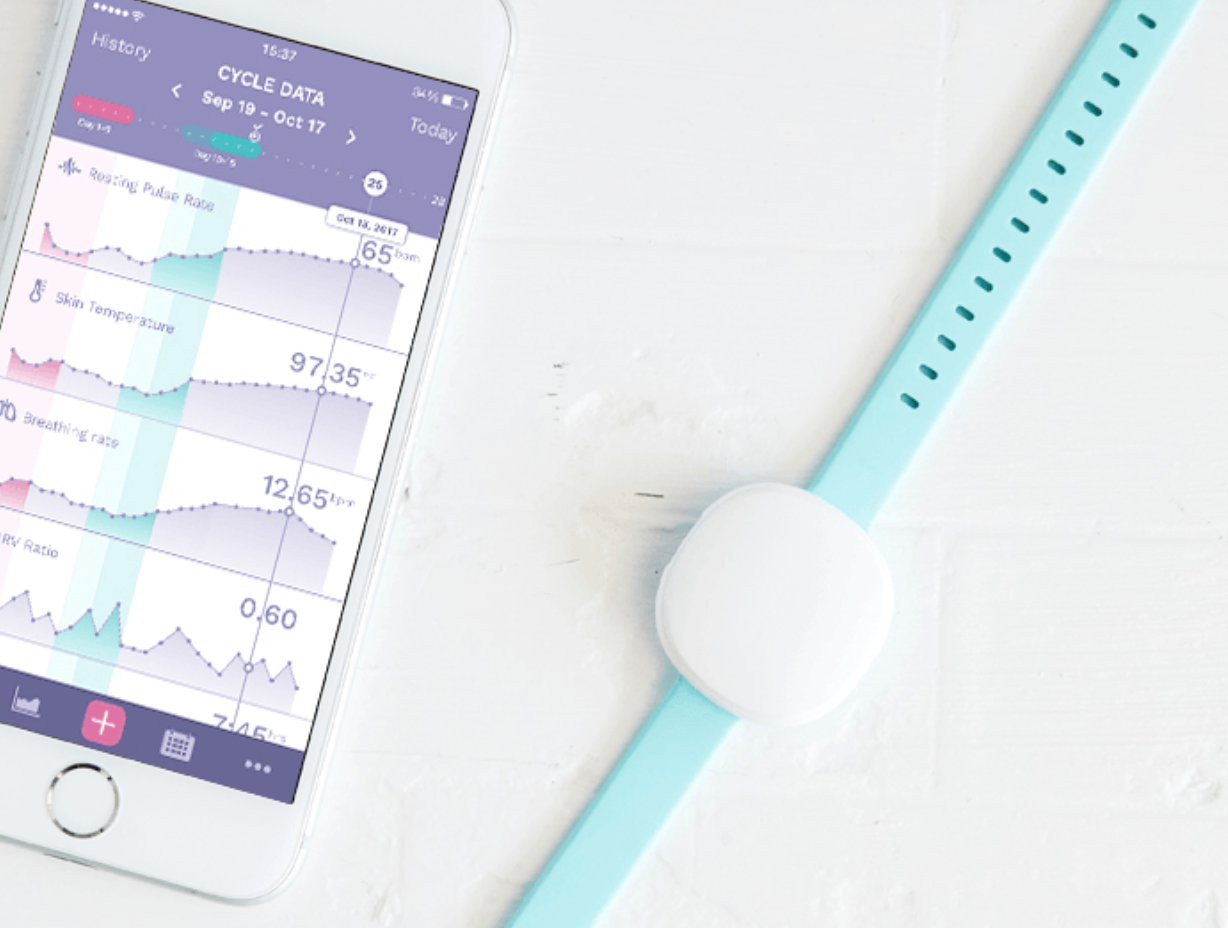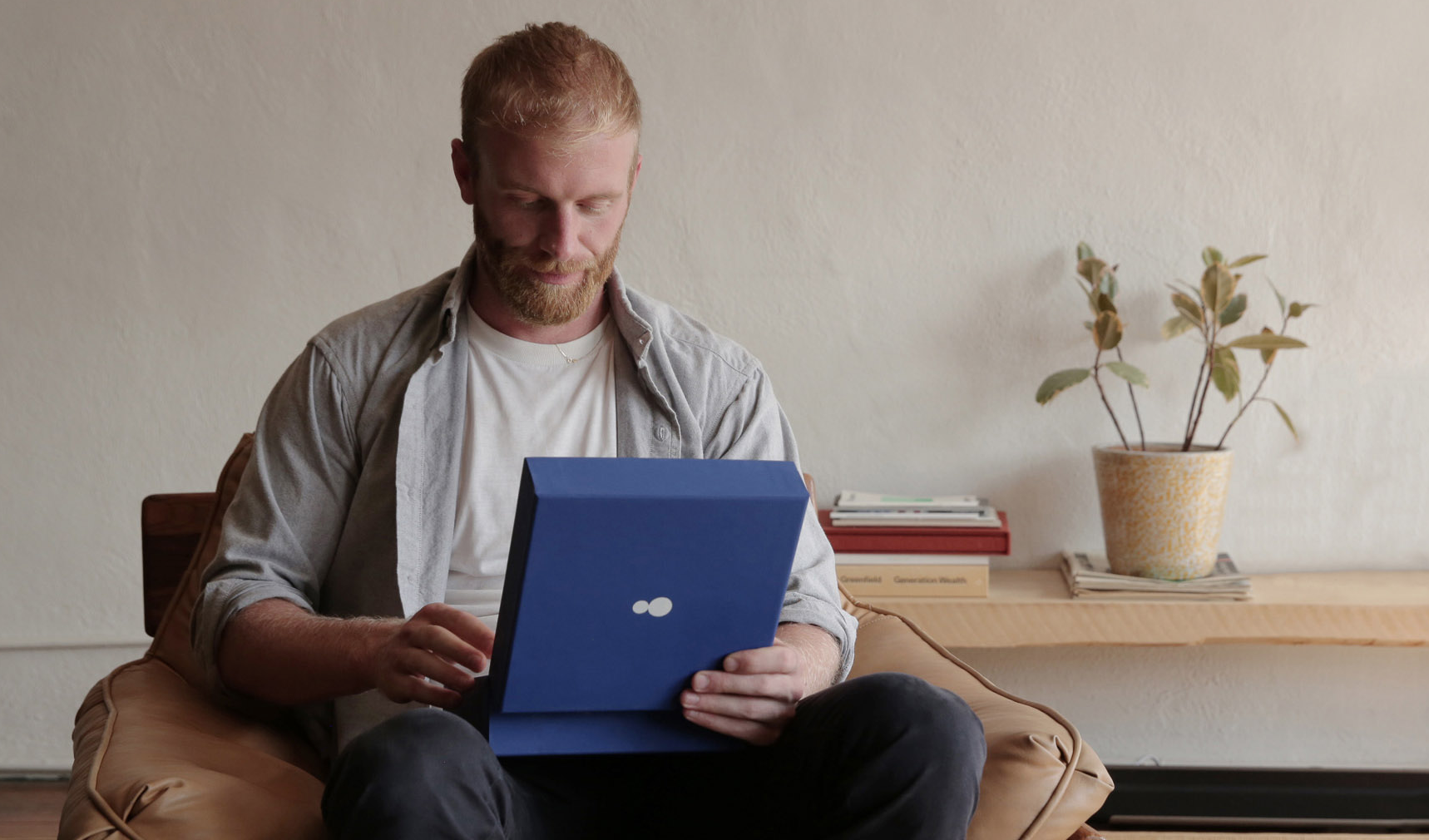
Should You Use At-Home Fertility Tests? Here Are 3 Brands You Can Try
Be In Control Of Your Reproductive Timeline
Times are changing. People are no longer expected to marry their high school sweethearts and have babies right away. Women and men are exploring their options, staying single longer, and choosing to have kids later and later in life. As we wait longer to have children, our fertility can decline over the years due to normal age-related factors. Right now, one in eight couples has trouble getting and staying pregnant.
The good news is—the many advancements in reproductive health, from in vitro fertilization (IVF) to egg freezing, make it not only possible but perfectly realistic to have kids later in life than previous generations did. At-home fertility tests are simple tracking devices that help women understand their cycles and when they are most fertile, allowing them to be in control of their reproductive health.
What is an at-home fertility test?
These tests all vary, so it’s important to closely follow each one’s accompanying instructions. For women, the process is usually a blood sample, urine test, or wearable device that then gets sent to and evaluated in a lab. Men usually need to send in a sperm sample that gets evaluated, and sometimes preserved, in a lab. This is all done from the comfort and privacy of your home.
Different tests can track different areas of fertility and reproductive health. But generally, you find out the following for women: if you have more or fewer eggs than average, and if you may hit menopause earlier or later than average. It also helps you understand egg freezing or IVF outcomes, how your hormones affect your health, and any factors that may affect your fertility. For men, you find out the volume, count, and concentration of your sperm.
What are the benefits?
Navigating the healthcare system is no easy feat. From selecting insurance to finding the right providers to getting medications, there are many complex steps involved. As we step into the future, healthcare—and especially women’s healthcare—is becoming more accessible.
At-home fertility tests allow women to easily track their cycles in all stages of life, and at a somewhat affordable cost. From bracelets you wear while you sleep to take-home kits, fertility tests can now be easily incorporated into your everyday life. And these tests are not just for couples hoping to conceive. They’re for any woman or man who wants to track their fertility and reproductive health for family planning and health reasons.
What are the drawbacks?
While these tests are accessible and generally provide helpful insight, a fertility specialist is able to provide additional and more in-depth information. The at-home results may not be completely accurate and the kits are not a substitution for seeing a fertility specialist. If you end up needing to consult a specialist, you aren’t saving money, as you are likely to have to repeat testing in a clinic.
With that being said, these tests—which are quick and user-friendly—can be used as a first step to owning your reproductive health. Here are some brands to check out:
1. Ava Fertility
Features | Accessible, reduces travel-related costs, educational resources for women, non-invasive testing, in-app tracking
Price | $299
Ladies, if you want to get to know your body, meet Ava. This at-home fertility test is painless—you simply wear a bracelet while you sleep and Ava tracks physiological signals of fertility. It measures skin temperature, resting pulse rate, heart rate variability ratio, perfusion, movement, and sleep. The algorithm then determines your five most fertile days in real time. In a year-long clinical study, Ava determined an average of 5.3 fertile days per cycle at 89 percent accuracy. When everything is tracked, you can easily see your cycle in an app chart, allowing for the ultimate reproductive planning.
Shop Ava Fertility
2. Modern Fertility
Features | Accessible, reduces travel-related costs, educational resources for women, 1:1 consultations with a fertility nurse, in-app tracking
Price | $199
Whether you want kids now or are trying for years down the road, Modern Fertility is a useful tool. It guides you through your fertility hormones now so you can better plan for your reproductive future. The brand works with fertility doctors and the latest research, ensuring you receive the best results. You can even get your questions answered one-on-one with a fertility nurse. You do the test at home with a finger prick, or at a local lab. Your results are sent to a private dashboard through an app a few days after the test. Modern Fertility offers more than just a fertility test—it is a community. It’s a place to connect and ask questions about your fertility concerns.
Shop Modern Fertility
3. Dadi
Features | Accessible, reduces travel-related costs, free delivery, discrete testing/storage
Price | $99 (+ $99.99/year for storage or $9.99/month for storage, 1 year minimum)
As the name may suggest, Dadi is an at-home fertility test for men. It’s for those who want to save time and money, and get fertility results from the privacy of their home. All you need to do is collect a sperm sample in your temperature-controlled collection kit; it is then sent to a lab with free shipping. Lab technicians evaluate the volume, count, and concentration of your sperm. You can keep your sample in a state-of-the-art storage facility, under constant surveillance. The sperm is cryopreserved at -321 degrees in a liquid nitrogen tank for safekeeping. This gives men, at any age, the flexibility to start a family when they feel ready.






